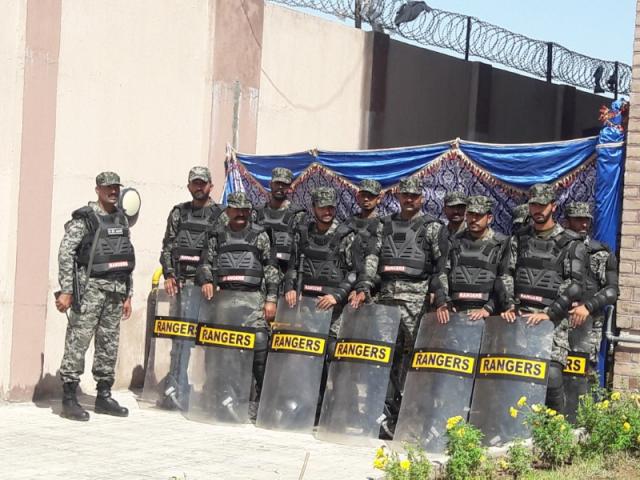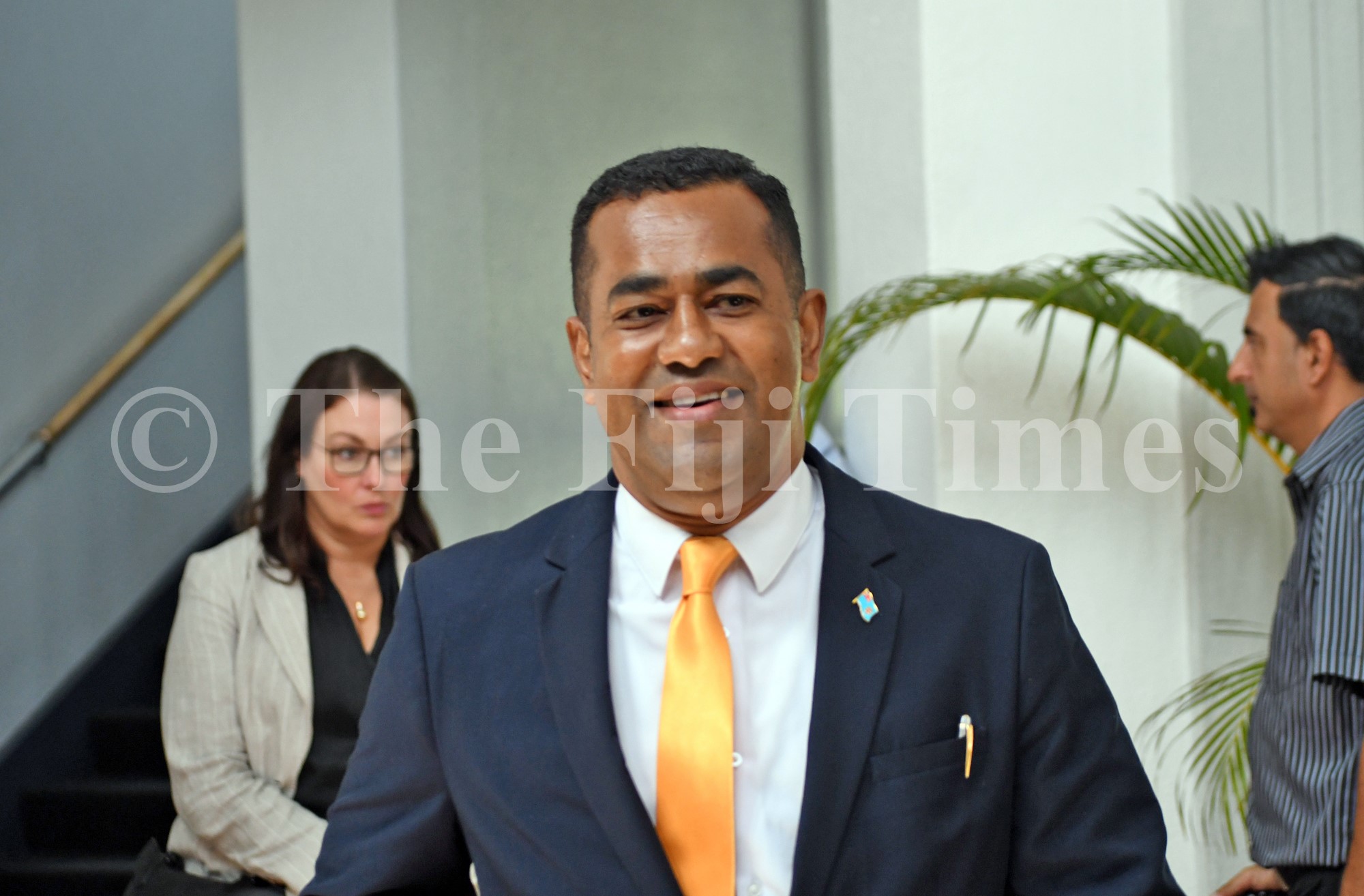ISLAMABAD (Reuters) – A Pakistani court is due to rule on Friday in an anti-corruption case against ousted Prime Minister Nawaz Sharif and his daughter over the ownership of luxurious London properties that could see the former leader jailed if found guilty.
The decision, due weeks before the country heads to the polls on July 25, is expected at a time of intensifying allegations of military meddling in politics and media claims that the press is being muzzled.
Sharif has a history of differences with the military, which has ruled the nuclear-armed country for almost half of its history, and ousted him from power in 1999 in a bloodless coup.
Sharif, who denies wrongdoing, on Wednesday appealed to the courts to delay the judgment while he is in London tending his wife, who is being treated for cancer.
Since his removal by the Supreme Court in July 2017, Sharif has argued that the military establishment, aided by top members of the judiciary, is using a series of cases against him and others in his party to tip the scales in favor of cricketer-turned-politician Imran Khan.
The court case centers on upscale London flats that the Sharifs say they bought through legitimate means. But the National Accountability Bureau has alleged the family has been unable to explain how it paid for them.
Sharif, 67, resigned in July after the Supreme Court disqualified him from holding office over an undeclared source of income, but the veteran leader maintains his grip on the ruling Pakistan Muslim League-Nawaz (PML-N) party.
Khan is running on a socially conservative, anti-corruption platform. He denies colluding with the military establishment and praises the disqualifications and prosecutions of PML-N figures as a long-needed crackdown on graft.
Last month, former Prime Minister Shahid Khaqan Abbasi was barred from running in his home constitutency by the election commission. The ban was later overturned.
“Pakistan’s history in terms of using state institutions to manage political processes is well known,” Daniyal Aziz, a former privatization minister who was last month disqualified from politics for five years, told Reuters.
“The hope and prayer were that we had moved beyond that, and the facts are before you.”
PML-N officials also accuse the military of using its muscle to twist the arm of the media, as TV channels at times mute the Sharif and his allies if they criticize the judiciary or the military. Newspapers have also omitted Sharif’s comments on those topics.
Sharif’s younger brother, Shehbaz Sharif, who has taken over the PML-N leadership, said on Thursday the recent actions by the anti-graft body put the election process in doubt.
“All political parties must be given a level playing field,” he tweeted.





